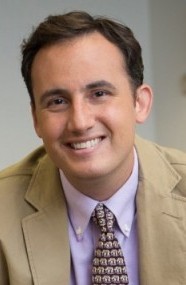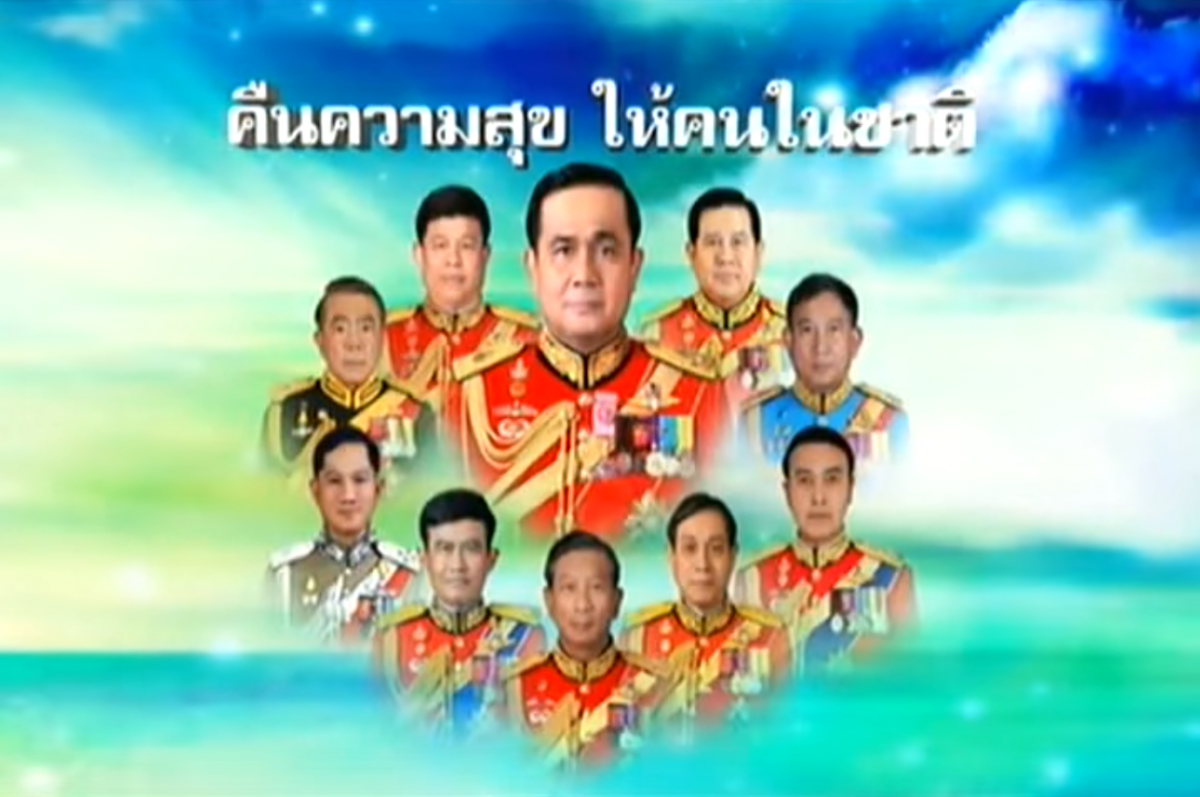Memo #362
By Jacob I. Ricks – jacobricks [at] smu.edu.sg

Thailand is one of the most coup-prone countries in the world, having experienced no less than 19 coup attempts since 1932. The prevalence of military interventions casts doubt on whether Thai politicians will ever be able to reign in their armed counterparts. One prominent response to this concern claims that through increasing the level of military professionalism, or expertise, social responsibility, and organizational unity, Thai troops could be tamed and the Army’s propensity to intervene in politics curbed. This, though, is a false hope.
First, Thai soldiers are already exposed to a great deal of professional training. Borrowing heavily from the West Point curriculum, Thai military education emphasizes professional behavior. One officer estimated that half of officer training is meant to increase professionalism among soldiers. Thailand is also one of the largest recipients of the International Military Education and Training program operated by the US Military, which promotes professional norms. A recent survey of 569 Thai military officers found that such training efforts have been effective, as the vast majority of respondents exhibited high levels of professionalism.
Second, despite these advances, a significant minority of respondents to the same survey (over 12 percent) indicated that they supported military interventions in politics. Furthermore, interviews with officers suggested that this number likely underestimated support for political interventions. Statistical tests of the survey data showed that only one indicator of professionalism, coporateness, or a desire for organizational unity, was correlated with an officer’s opposition to military interventions. This relationship, though, is inconclusive as the commitment to organizational unity may hinder opposition to a coup; one officer explained that even if officers objected to interventions, “we must obey our leaders.” More importantly, higher ranked soldiers, many of whom exhibited high levels of professionalism, were statistically more likely to support a coup.
Thus continuing efforts to increase professionalism are unlikely to result in a permanent military withdrawal from Thai politics. Instead, sociopolitical changes slowly taking hold in Thai society offer a better deterrent to armed forces interventions. Unfortunately as Thailand approaches its second anniversary under military government, the regime seems intent on stifling such developments.
About the Author:
Jacob Ricks is an Assistant Professor of Political Science at Singapore Management University where he specializes in Southeast Asian politics.

Returning Happiness to the People. A screenshot from the weekly TV broadcast conducted by the military after the 2014 coup. 12 September, 2014 (Source: National Council for Peace and Order).
Links:
- Punchada Sirivunnabood & Jacob I. Ricks, “Professionals and Soldiers: Measuring Professionalism in the Thai Military,” Pacific Affairs 89, No. 1 (2016)
- James Ockey, “Thailand’s ‘Professional Soldiers’ and Coup-making: The Coup of 2006,” Crossroads 19, No. 1 (2007): 95-127.
- Jacob I. Ricks, “Norms and Military Interventions,” Thai Data Points Blog, 20 February, 2015.
- Puangthong Pawakapan, “Protracted Period in Power Can Prove Perilous for Thailand’s Military Government,” ISEAS Yusof Ishak Institute, No. 65 (2015): 1-7.
- Prasit Wongtibun, “Still better than Thaksin?” New Mandala, 26 November, 2015.
- John Cole and Steve Sciacchitano, “Coup calculations in Thailand,” Asia Times Online, 17 January 2014.
- David Brunnstrom, “U.S. ‘reasonably confident’ Thai military will not stage coup” Reuters, 13 May 2014.
- Greg Botelho, Paula Hancocks and Kocha Olarn, “Thai military takes over in coup — again” CNN, 22 May 2014 (Video).
Related Memos:
See our other memos on Thailand.
Its my first time to hear about this, and its a good experience reading and learning such matter. Thanks a lot for a good share!
Okay this is good to hear.